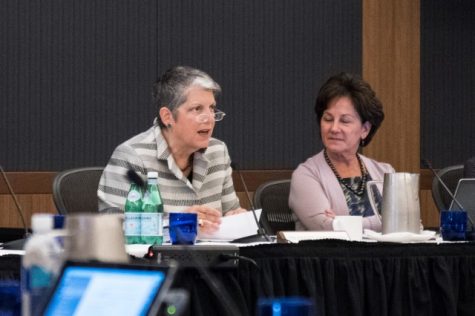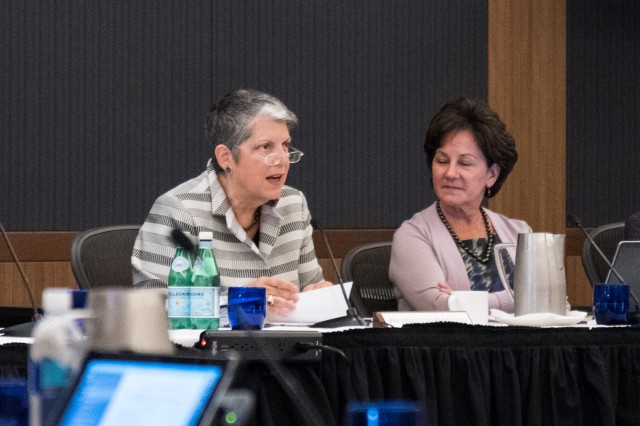UCSF IT Workers Outsourced

Starting February 2017, about eighty IT workers at the University of California in San Francisco will be losing their jobs to foreign workers. These workers were given layoff notices earlier this year in July. Thirty of these workers are contractors and another forty-nine are career employees. A group of these workers filed a discrimination claim against the university in order to save their positions and prevent outsourcing from spreading to other state schools.
The jobs that these workers will be losing will be given to young Indian workers from HCL Technologies, an Indian IT company. The cause of this outsourcing is the five-year contract signed by UCSF, between the UC system and HCL Technologies. UCSF defends itself, saying that these layoffs will save them $30 million over the next five years. On the other hand, Gary Gwilliam, an attorney representing the group of workers that filed a discrimination claim, said, “They’re treating their employees improperly, unfairly, illegally, and it’s bad public policy.” William also claims that the layoffs are illegal, but UCSF has adamantly asserted that the layoffs are legal and completely follows the UC polices. It maintains that the outsourcing, along with the use of other vendors, will save money, strengthen security, and improve quality.
To add to the problem, the workers being fired also have to train the replacements themselves. “You don’t want to take it out on them, they’re just here doing their job but at the same time you’re frustrated that you’re teaching someone to take over your job,” says Audrey Hatten-Milholin, a senior systems architect who has worked at UCSF for seventeen years. “It’s humiliating. You’re kind of forced to do it because your severance is pretty much relying on it,” she states. Many have been training their replacements in India through video conferencing and emails. While most replacements are being trained through virtual interactions, a few come to the US for their training and then return back to India to manage the UC’s technological issues from overseas. Many IT workers expect the service and security of the UC’s system to suffer. Since operations will be done overseas, it will put the network management involving patient data and independent research at increased risk from hackers.
Non-union workers have reached out to unions and organized protests to bring attention to the potential pitfalls of the outsourcing. One of those unions is UPTE, the union representing UC healthcare, research, and technical employees. They advocated against the contract by petitioning and contacting lawmakers after UCSF announced the layoffs.
The workers being laid off are concerned that if UCSF gets away with this, others will do the same. They worry that hiring offshore workers and firing long standing IT employees will become the blueprint for reducing costs at public universities. Max Belasco, UCLA’s IT Student Services manager, said he worried that the contract could be implemented at any campus because it applies to the whole UC system—all ten campuses. “Other UCs could be taking a look at this model and implement it, even here at UCLA,” Belasco said. “This is disconcerting to me and other members of my board.” A computer resource specialist at the UCLA Biomedical Library and the presidents of UCLA’s chapter of UPTE, Mike Fehr, said he fears that administrators will not give IT workers much notice regarding the cuts. “If other campuses use this same model, people wouldn’t know anything until they heard about layoff notices,” says Fehr. This is to say that it will be too late for those workers to do much just like these workers who have already been notified of their future situation.
In order to prevent such dilemmas and in order to save their own jobs a group of approximately ten workers have banded together, filed a claim of age and race discrimination against the UC, and now they wait, hoping to somehow get their jobs back, or if all else fails hopefully find another job from where they might be able to support their families and continue their regular lifestyles.











